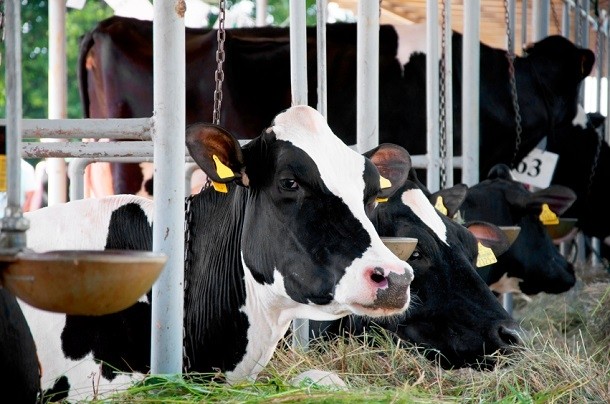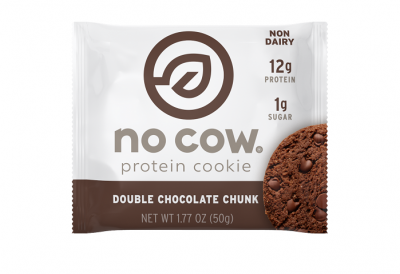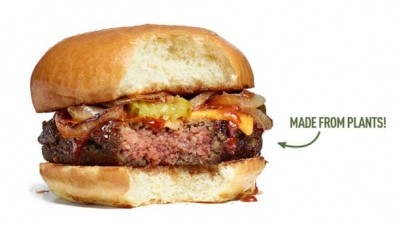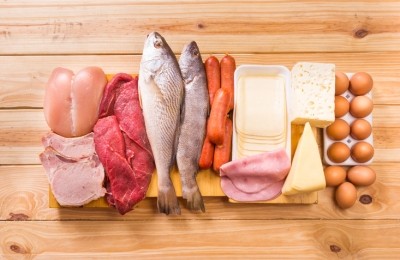Eliminating animal-based food production might not be panacea for improved health

In addition, while eliminating animal-based food production in the US would reduce greenhouse gas admissions, the drop would not be enough to significantly counterbalance the higher contribution that would come from increasing crop production, according to the findings published in the Proceedings of the National Academy of Science.
Mary Beth Hall, an animal scientist with the US Department of Agriculture and the US Dairy Forage Research Center in Madison, Wisc., and Robin White, a professor of animal and poultry science at Virginia Tech in Blacksburg, Va., modeled the health impact on people, the planet and the US economy of switching all Americans to a plant-only diet and eliminating animal production in the US as a way to test the popular belief that reducing consumption of animal-derived food would reduce greenhouse gasses and enhance food security.
“A report by the Food and Agriculture Organization (FAO) of the United Nations designated livestock as a major worldwide contributor to greenhouse gas (GHG) emissions that affect global warming. More recently, the 2015 Dietary Guidelines Advisory Committee claimed that plant-based diets would promote health and improve long-term sustainability of the US food supply. Implicit in such reports is the idea that modification or elimination of animal agriculture would offer benefits to society with minimal and acceptable deleterious effects,” the two write in the report.
However, they argue, their study shows this is an oversimplification of a complex issue that when explored in detail reveals a more nuanced and surprising outcome.
“As with any ecological system, changes made in one facet must be evaluated for the direct effects of the change and for collateral impact,” which are extensive when it comes to animal agriculture given the practice “provides raw material used for food, fiber, biofuels and myriad components of nonfood products used domestically and sold internationally.”
Quantity over quality
As such, the researchers found converting all land currently used for animal-based food production to plant-based food production resulted in a 23% increase in total US supply. However, the nutritional quality of the plant-based alternatives would not be as high as it would be for continued animal production, they added.
“Grain comprised the majority of the increase, of which corn grain accounted for 77%; 92% of the legumes were comprised of soybeans and soy flour,” a projection that reflects the allocation of tillable land based on the current proportions of crops grown, and the poor suitability of the land, climate and infrastructure to grow higher-value fruits and vegetables, the researchers found.
As a result of this shift, “the total domestic nutrient supply changes substantially,” they add.
“In all simulated diets, vitamins D, E and K were deficient. Choline was deficient in all scenarios except the system with animals that used domestic currently consumed and exported production. In the plants-only diets, a greater number of nutrients were deficient, including [calcium], vitamins A and B12, and EPA, DHA and arachidonic acid,” the report notes.
These findings are not to say that it is impossible to live a healthy life as a vegan or vegetarian, Hall was quick to point out in a statement from USDA.
“Different types of carefully balanced diets – vegan, vegetarian, omnivore – can meet a person’s needs and keep them healthy,” she said. “But, this study examined balancing the needs of the entire nation with the foods we could produce from plants alone. There’s a difference between what’s possible when feeding one person versus feeding everyone in the US.”
She also noted that the plant-only diet also would require individuals to eat more food and more daily calories to meet their nutritional needs without using supplements. Given Americans’ struggles with obesity, adding more calories to the diet is not a viable solution for overall health, she added.
Greenhouse gas emissions shift rather than disappear
The impact of the switch on greenhouse gas emissions is equally complicated as on the nutrition side, the report reveals.
The researchers estimate that greenhouse gasses produced by animal agriculture accounts for 49% of those attributed to food production with the additional 40% coming from grain production, 0.3% from legumes, 5% from vegetables and 2% from fruits and nuts.
They also found that cutting animal agriculture would reduce emissions by 28%, however the need to use synthesized fertilizers to replace animal manures, dispose of human-inedible byproduct feeds that previously were consumed by animals and produce additional crops on land previously used by animals would unravel some of that reduction. As such, eliminating animal agriculture in effect would only decrease total US emissions by 2.6 percentage units, the researchers conclude.
Ultimately, the researchers concluded that eliminating animal-based food production to improve the health of people and the planet is not as clear-cut or beneficial as widely believed when placed in the context of the change’s greater implications.

















